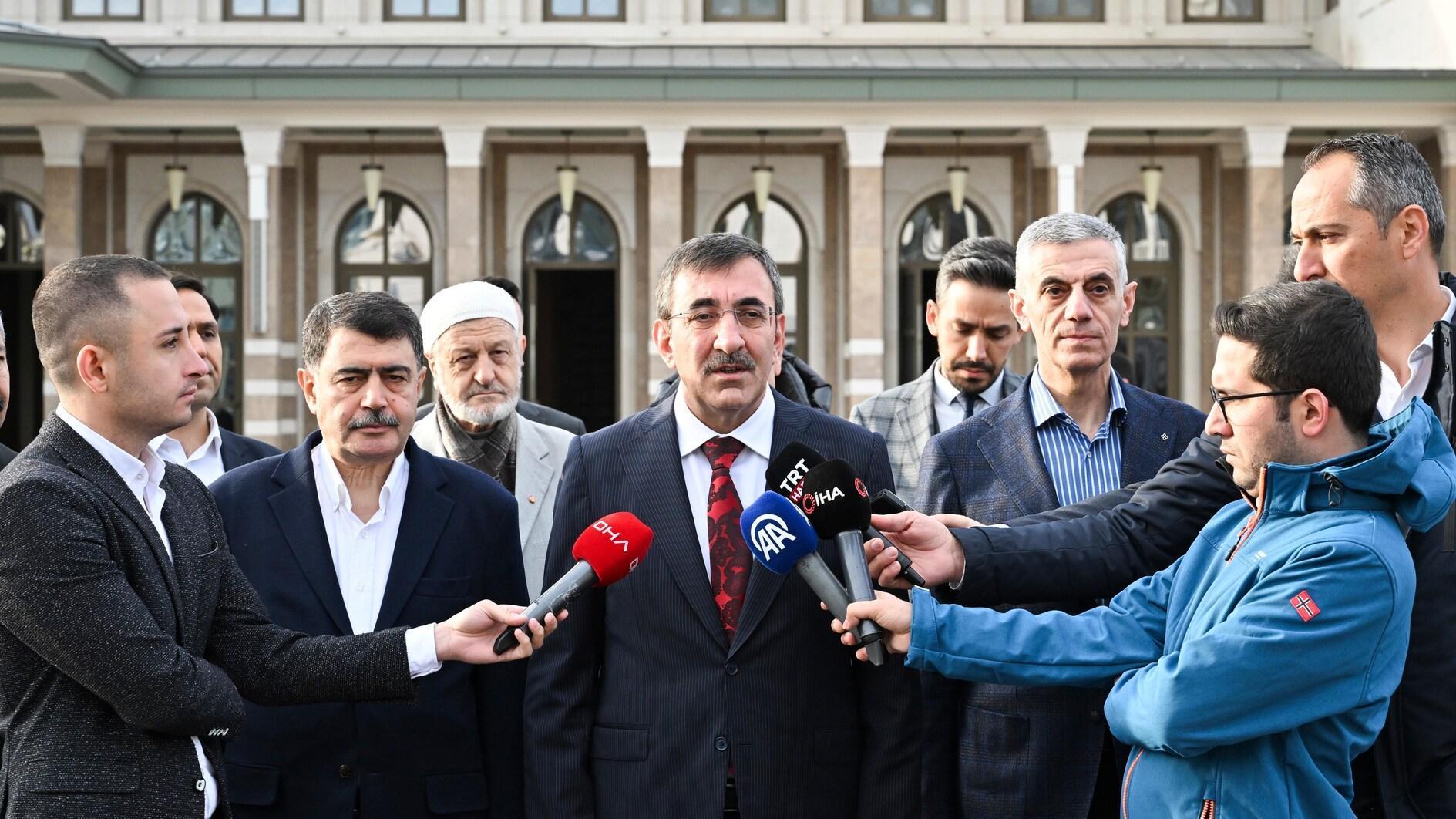Germany cancels Istanbul concert marking Armenian mass killings
BERLIN
 The German Foreign Ministry has cancelled a long-planned concert by the Dresden Sinfoniker orchestra in Istanbul on Nov. 13 that was to commemorate the killings of Armenians in 1915 after protests by Ankara, orchestra director Markus Rindt said on Oct. 26.
The German Foreign Ministry has cancelled a long-planned concert by the Dresden Sinfoniker orchestra in Istanbul on Nov. 13 that was to commemorate the killings of Armenians in 1915 after protests by Ankara, orchestra director Markus Rindt said on Oct. 26. The ministry notified the orchestra that the German consulate in Istanbul, where the performance called “aghet,” or “catastrophe” in Armenian, was to have taken place, would not be available on Nov. 13, Rindt said. The piece premiered in Berlin in November.
“It’s definitely been canceled. They said they wanted to reschedule at a better time, but when would that be? This has been planned for years,” Rindt told Reuters.
Earlier in the day, AFP reported citing a German foreign ministry source that “the facilities in the consulate are not available on Nov. 13.”
“The invitations to the event were issued without the foreign ministry’s involvement.”
Relations between Ankara and Berlin were strained after the Bundestag passed a bill that described as "genocide" the killing of Anatolian Armenians during the First World War.
Strained relations between Ankara and Berlin due to the Armenian bill worsened after Turkey rejected a German parliamentary delegation’s visit in late June to the base, which was solved after the German government assured Turkey that the Bundestag’s decision was not binding. The German lawmakers were later allowed to visit the base.
The Dresden Sinfoniker performance includes musicians from Turkey, Armenia, Germany and members of the No Borders Orchestra, which is comprised of musicians from the former Yugoslavia. Additional performances are planned in Belgrade on Nov. 5 and in Yerevan, Armenia on Nov. 10.
Germany is home to a three-million-strong Turkish population, the legacy of a massive “guest worker” program in the 1960s and 1970s.
As Europe’s top destination for refugees last year, Germany has relied on an EU-Turkey agreement designed to stop the massive influx of people fleeing war and poverty.
















